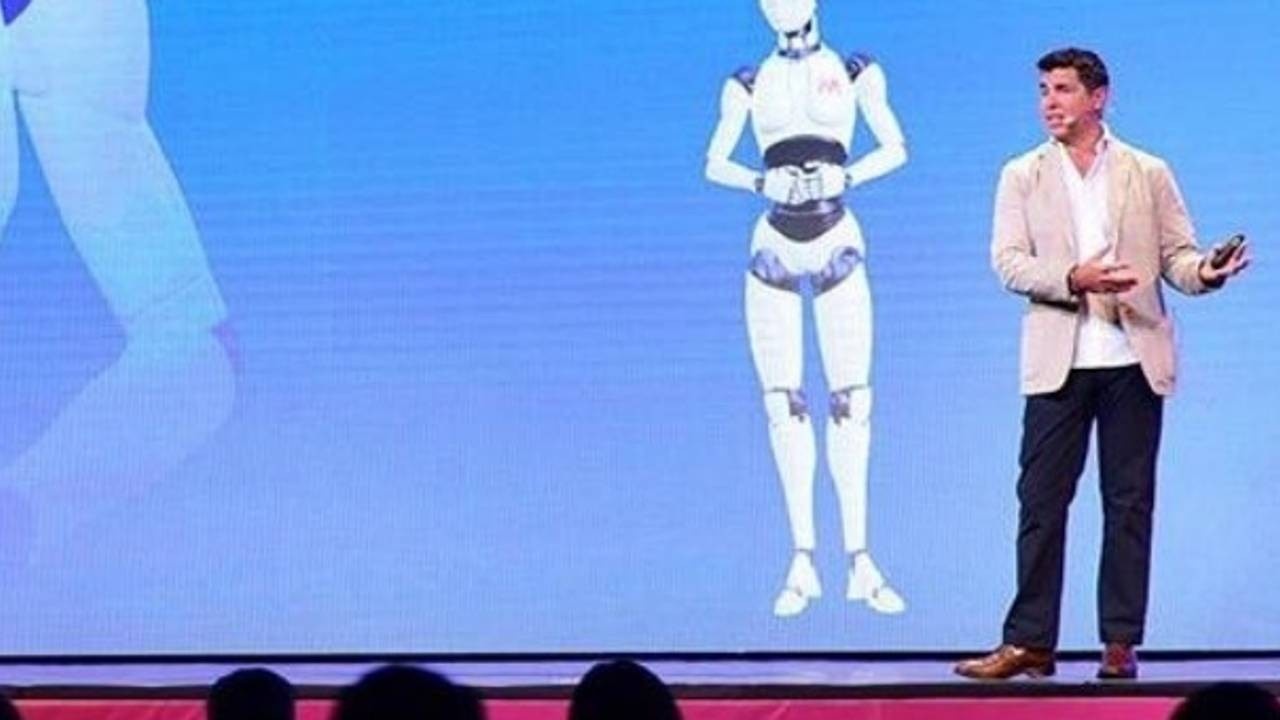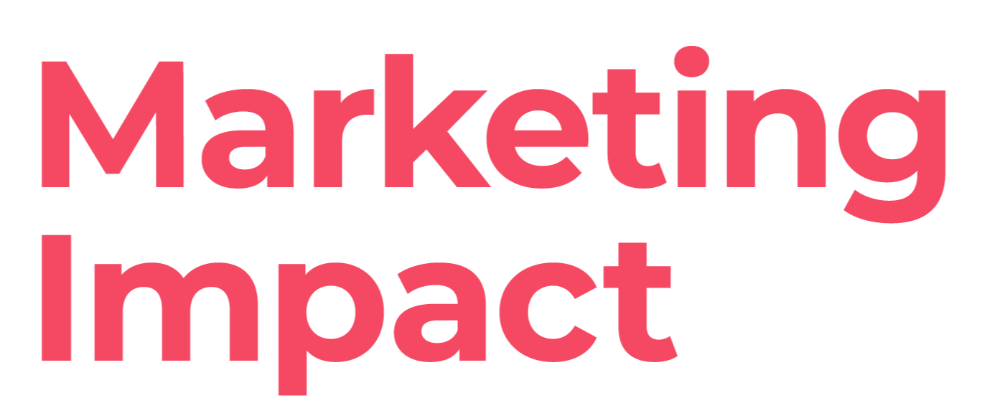Fellow Marketing Keynote Speakers Expand my Perspective
Mar 21, 2022
Takeaways from a month rubbing elbows with top marketing speakers
Last month, as I spoke at marketing events around the Americas, my co-speakers induced a significant shift in my thinking about marketing. At eMerge Americas in Miami, and at events for marketing conference EXMA in Bogotá, Colombia, and Santa Cruz de la Sierra, Bolivia, I shared venues with marketing keynote speakers including former US President Barack Obama, SAP CEO Bill McDermott, technology futurist Ian Khan, Volvo futurist Aric Dromi and advertising legend Ken Segall – who had the idea for the “i” in iMac and created several iconic marketing campaigns for Apple, BMW and more.
While they, and I, spoke about marketing and management from different perspectives, we all shared some common threads and thoughts:
- Technological Innovation is business as usual. The “new” is happening increasingly fast, and changes in the tools we use for marketing, communication, management, running our homes, banking, and more are part of our day-to-day life. As these marketing speakers see it, societal change has turned almost everyone in the developed world into an early adopter. In fact, you might even say that “innovation,” in its strictest meaning, does not exist anymore. The technology we use for almost everything today is doomed to become obsolete and lasts for ever-shorter spans of time. We live in a world of technological evolution, rather than innovation, where disruption happens so fast that we are not capable of assimilating it and managing its real impact.
- We need to move from managing for profits to managing for impact. Only a small portion of the world’s population is benefiting from this speed in technological evolution or the revolutionary disruptions that are happening at an ever-faster pace. In fact, only 57% of the world’s population has internet The positive consequences of artificial intelligence, the internet of things (IoT), blockchain, etc., are indisputable. The question is, Do we gauge its negative impact in any way? Is technology addressing the most pressing issues society is facing? What is IoT, AI or blockchain doing for the more than 3 million homeless children in the USA? What is going to happen to the 3.5 million commercial drivers in the U.S. when autonomous driving technology becomes fully road-ready? And what about the 77% of Chinese jobs that are at risk of being replaced by a robot or an algorithm during the next 10 years? Also at risk are 69% of jobs in India and 47% of jobs in the USA. According to the World Bank, that is close to 1.5 billion people at risk of losing their jobs during the next 10 years! There is no doubt that companies must take a leading role in preparing society for these changes. Doing so requires transforming their management models, and overall moving from technology-driven innovation to impact-driven innovation.
- Marketing has a key role in saving the world. Marketing departments can be the starting point for a management transition, and its main driver. Marketing has the capability to deliver meaningful messages, internally and externally, that can leverage and induce change – again, both internally and externally. But for this to happen, marketing needs to learn to speak the language of business (profits, real money) and use its persuasive power and techniques to induce change in the mindsets of consumers and clients. To initiate change in the management model internally, marketing must prove that this change can and should be profitable. To change consumers’ mindsets, marketing needs to convince society that making money while doing good is tantamount to doing good in a sustainable way. It is not profiteering. If we want companies to dedicate resources to generate social equity and improve the environment, consumers need to understand that economic resources are generated only by profits, and to behave in a way that reflects their support for companies that chose to do well. Consumers must also accept that businesses need to make money in the process.
Thanks, Bill McDermott, for showing resilience and clear vision. Thanks, Barack Obama, for demonstrating that excellence and efficiency have a positive and tangible return. Thanks, Ken Segall, for teaching us that simplicity is not a shortcoming. Thank you, Ian Khan, for showing us to be fearless in accepting that the future is now. And thanks Aric Dromi, for being a troublemaker who consistently challenges assumptions.
It was a great month, where all of these great speakers helped me grow from a marketing keynote speaker to a results-oriented, courageous marketing challenger who is not afraid of saying: Let’s cut the crap, roll up our sleeves, and start changing the world through profitable marketing.
Ps: I am still a marketing, management, and non-technological innovation keynote speaker.
Pablo Turletti, an internationally recognized expert on marketing and sales efficiency and accountability, as well as a marketing keynote speaker, is the founder and CEO of ROI Marketing Institute (ROIMI), which has offices in Miami, Lucerne, and Madrid. ROI Marketing Institute helps companies around the world improve the efficiency of their marketing investments through precise measurement of the economic return on marketing activities. By directly connecting marketing projects and campaigns to a company’s bottom line, he helps turn them into true business investments. ROIMI provides a broad array of services, including auditing, competency-building, implementation support, consulting and research. Turletti is the author of the books ROI Marketing: The New Performance Standard and Marketing & Sales ROI: What Is It Good For? Learn more about the ROI Marketing Institute at roimarketinginstitute.com, and follow Pablo Turletti at twitter.com/pabloturletti or linkedin.com/in/pabloturletti/.

